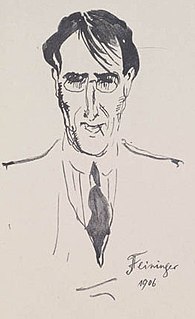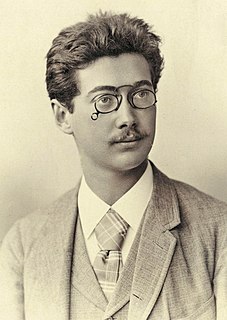A Quote by Samuel Smiles
Experience serves to prove that the worth and strength of a state depend far less upon the form of its institutions than upon the character of its men; for the nation is only the aggregate of individual conditions, and civilization itself is but a question of personal, improvement.
Related Quotes
What is remarkable about the Greeks - even pre-philosophically - is that despite the salience of religious rituals in their lives, when it came to the question of what it is that makes an individual human life worth living they didn't look to the immortals but rather approached the question in mortal terms. Their approaching the question of human mattering in human terms is the singularity that creates the conditions for philosophy in ancient Greece, most especially as these conditions were realized in the city-state of Athens.
In so strong a light, nevertheless, do they appear to the Secretary, that, on their due observance, at the present critical juncture, materially depend, in his judgment, the individual and aggregate prosperity of the citizens of the United States; their relief from the embarrassments they now experience; their character as a people; the cause of good government.
Undeniably, character does count for our citizens, out communities, and our Nation, and this week we celebrate the importance of character in our individual lives... core ethical values of trustworthiness, fairness, responsibility, caring, respect, and citizenship form the foundation of our democracy, our economy, and our society... Instilling sound character in our children is essential to maintaining the strength of our Nation into the 21st century.
I do not know if the doctrine that the nation-state arose in the 19th century was still being taught:;... but it is erroneous. The nation-state reaches back far into the origins of Europe itself and perhaps beyond. If Europe was not always a Europe of nations, it was always a Europe in which nations existed, and were taken for granted, as a basic form of the State.
Plays are literature: the word, the idea. Film is much more like the form in which we dream - in action and images (Television is furniture). I think a great play can only be a play. It fits the stage better than it fits the screen. Some stories insist on being film, can't be contained on stage. In the end, all writing serves to answer the same question: Why are we alive? And the form the question takes - play, film, novel - is dictated, I suppose, by whether its story is driven by character or place.
English character and English freedom depend comparatively little on the form which the Constitution assumes at Westminster. A centralised democracy may be as tyrannical as an absolute monarch; and if the vigour of the nation is to continue unimpaired, each individual, each family, each district, must preserve as far as possible its independence, its self-completeness, its powers and its privilege to manage its own affairs and think its own thoughts.
Nationality is not a universal human principle but an historical, local fact...Every nation, even a small one, has its own character, its own particular way of life and manner of speaking, feeling, thinking, and behaving. These distinctive features are the essence of nationality, the product of a nation's entire history and conditions of existence. Every nation, like every individual, is of necessity what it is, and has an unquestionable right to be itself. So-called national rights consist precisely of this.
Certainly there are things worth believing. I believe in the brotherhood of man and the uniqueness of the individual. But if you ask me to prove what I believe, I can't. You know them to be true but you could spend a whole lifetime without being able to prove them. The mind can proceed only so far upon what it knows and can prove. There comes a point where the mind takes a leap—call it intuition or what you will—and comes out upon a higher plane of knowledge, but can never prove how it got there. All great discoveries have involved such a leap.


































